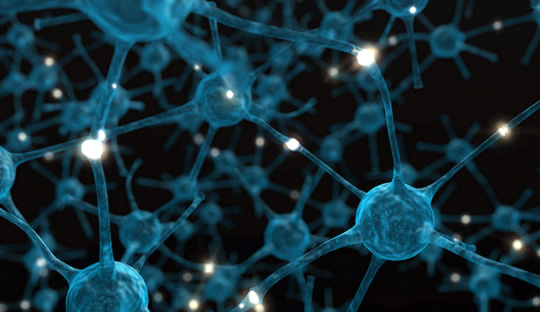Experimental chemical restores some lost brain cell function in schizophrenia.
An anticancer compound has reversed the behaviours associated with schizophrenia in mice.
On top of reversing these behaviours, the chemical also restores some lost brain cell function, the Johns Hopkins University School of Medicine research finds (Hayashi-Takagi et al., 2014).
The compound is a type of PAK inhibitor which has been tested in the treatment of cancer, Fragile X syndrome (a type of mental retardation) and Alzheimer’s disease.
Synaptic pruning
The drug works by targeting a natural process called ‘synaptic pruning’.
Synaptic pruning is one of the underlying biological processes thought to be important in the development of schizophrenia.
In adolescence it is normal for children’s brain to undergo quite extensive synaptic pruning: a process where the brain’s grey matter is lost over time.
The refining of the brain’s synapses seems to be beneficial to boosting cognitive control.
In schizophrenia, however, the pruning process gets out of control and many connections which are needed by the brain are destroyed.
The study’s leader Akira Sawa, explained the results:
“By using this compound to block excess pruning in adolescent mice, we also normalized the behavior deficit.
That we could intervene in adolescence and still make a difference in restoring brain function in these mice is intriguing.”
This is just one of many approaches being tried to tackle schizophrenia, which is a fiendishly complicated condition.
Although there is not yet evidence that the PAK inhibitor will work in humans, Sawa, the director of the Johns Hopkins Schizophrenia Center, says:
“Drugs aimed at treating a disease should be able to reverse an already existing defect as well as block future damage.
This compound has the potential to do both.”
Image credit: Birth Into Being

